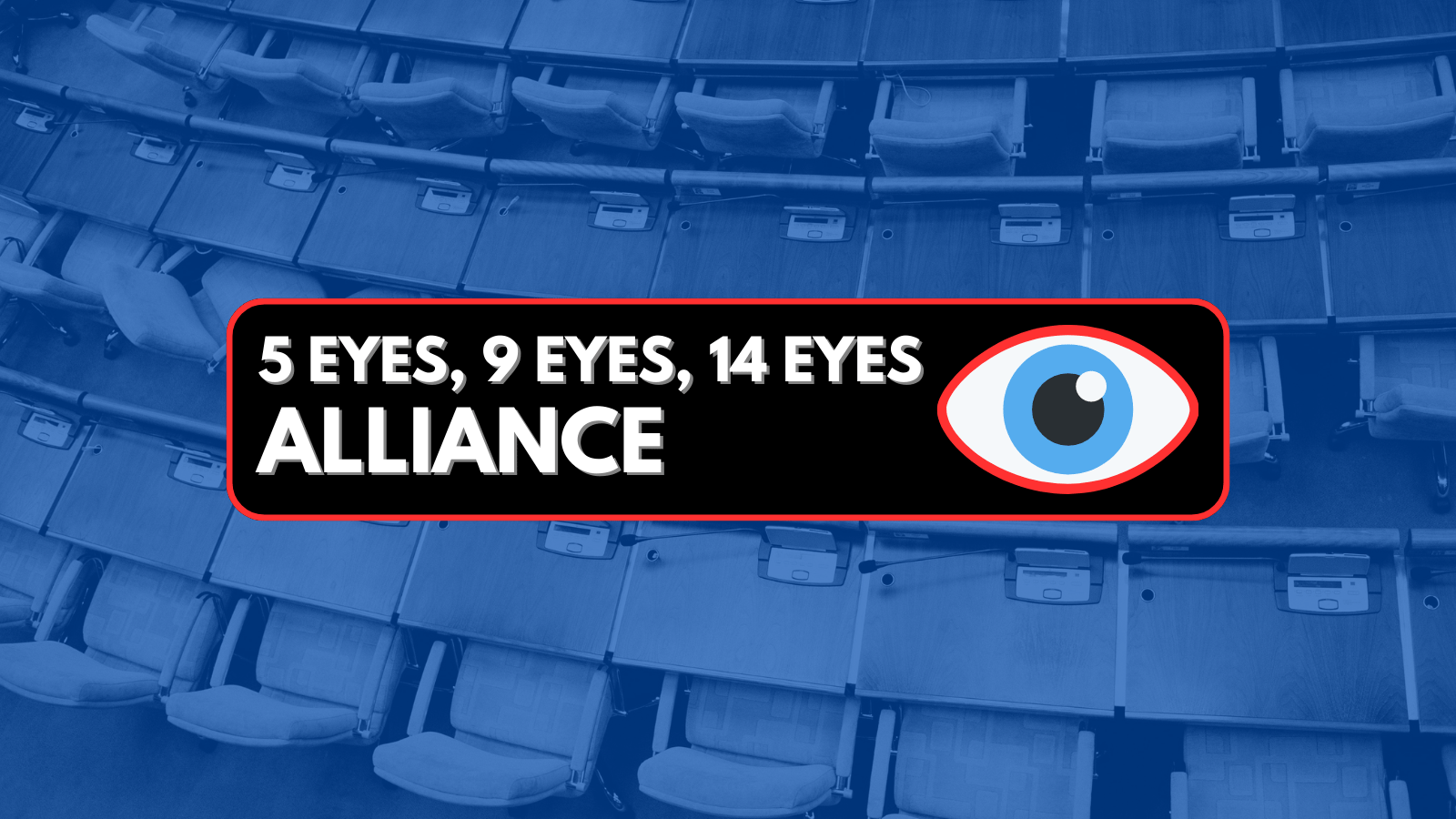
7 Common Dark Web Myths You Should Know!
While most regular internet users have probably heard of the Dark Web, few really know that it’s truly like. The Dark Web has been portrayed as a strange, mysterious, and dangerous place. A place where horrible things happen, and only bad guys dwell.
While there is plenty of truth to some of the things that give the Dark Web a poor reputation, there are just as many myths about the place. While we could never debunk every story made up about the Dark Web, people often repeated some common myths online and offline.
Only Hackers Can Access the Dark Web
This is perhaps, in part, a myth perpetuated by hacker-drama TV shows and movies. The Dark Web is portrayed as something difficult to access. You need to be some sort of internet wizard in order to see this ostensibly exclusive part of the web.
The truth is that accessing the Dark Web is pretty easy. Getting access to specific Dark Web sites may be hard because the owner of that site puts tough conditions in place for membership. The technology, however, is easy-peasy from a user’s perspective.
In general, you only need two things: the Tor Browser and an Onion address. Since most of the Dark Web is hosted on Tor Hidden Services, there’s nothing more to it than that. What is true is that finding someone’s real identity on the Dark Web is extremely hard. However, that’s the whole point!
The Dark Web Provides Perfect Anonymity
Despite the Dark Web’s ground-up design for privacy and anonymity, you can’t rest easy. There isn’t such a thing as perfect anonymity. Unfortunately, plenty of people think that once you’re on the Dark Web, anything goes.
In reality, you need to be extra careful to actively protect your identity if you’re on the Dark Web. There are plenty of ways to leak information that could be tied to your real identity. It could be something sophisticated, such as infecting your machine with malware, to something simple like tracking you into revealing personal details on a Dark Web forum.
On the technology side, you can try to use something like Tails in addition to Tor for extra assurances and on the social engineering side of things, well just try not to be too gullible.
Only Crime Happens on the Dark Web
For most people, “Dark Web” is probably synonymous with “black market.” After all, it’s the brazen sale of things like drugs and firearms on Darknet markets that really got the Dark Web on the news and into the public spotlight.
However, the idea that the Dark Web only harbors criminal content and services is a complete myth. There are plenty of legal Dark Web activities. Just because someone wants to do something anonymously, it does not implicitly mean it must be something illegal.
Simply Visiting the Dark Web Is Illegal
This is a widespread one, it seems. The myth that the mere act of going onto the Dark Web is illegal is really an example of “FUD.” That is fear, uncertainty, and doubt, a term used to describe propaganda meant to change behavior. There are plenty of large institutions that would prefer people didn’t use technologies that help them “go dark” - move outside the view of Big Brother.
The truth is that accessing the Dark Web is not illegal. Doing illegal things there is illegal. It’s as simple as that.
The Dark Web Is “Deeper” Than the Deep Web
This myth is really only a case of semantics. The Deep Web is simply the collection of all internet content that does not get indexed by search engines. Most of this content is perfectly innocent and sort of boring. Under this definition of the Deep Web, the Dark Web is, without a doubt, a part of it.
The difference is, of course, that the Dark Web is hidden on purpose, whereas the rest of the Deep Web is hidden from search engines simply by virtue of how the web works. The idea that the Dark Web exists on some sort of “deeper” level of the Deep Web doesn’t make a lot of sense from a technical point of view and so qualifies as a myth.
The “Red Room”
“Red rooms” are a popular Dark Web urban legend. Many people claim to have seen one or knows someone who did, but there has never been a confirmed incidence of a real red room. What is a red room? Simply put, it’s supposedly a form of snuff film where real murders are streamed on certain Dark Web sites. Obviously, it’s impossible to prove that something definitely doesn’t exist, but there has never been any real evidence that these red rooms are a real thing. So for now, it’s only a myth.
Hiring a Contract Killer
This one is sort of related to the red room myth in the sense that it’s about people getting murdered. The legend is that you can hire hitmen on the Dark Web, and they’ll take care of anyone you don’t like. Permanently.There’s no evidence this has ever happened, but you may indeed find people offering such services on the Dark Web. Luckily for the intended victim, these are just scams. The “hitman” will gladly take someone's Bitcoin and then disappear into the ether, much to the relief of the person wanted gone!
The Dark Web Is Real Enough
The Dark Web has plenty of true, weird, and wonderful facts. There’s no need to doll it up with myths. Still, people are always going to invent exaggerations. Especially with something that seems so mysterious. Which means we’ll probably see new myths invented about the Dark Web that will need debunking all over again!
Do you know of more Dark Web myths? We’d love to hear from you, so go ahead and use the comment section below.




















